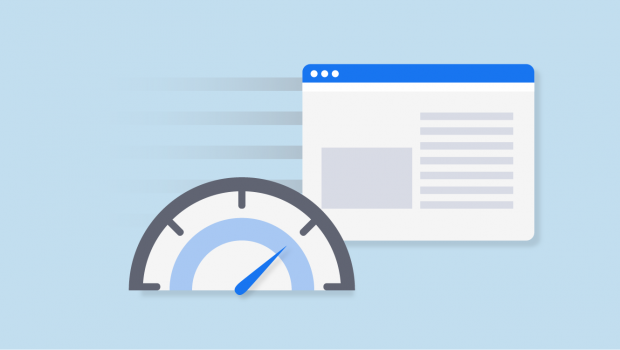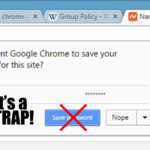Speed Matters: The Importance of Site Performance
When designing a website, marketers often focus on fonts, call-to-action buttons, and other design elements, but they often forget a highly important detail: loading times.
So, why is site speed so important? How can a speedy site influence your SEO? Here’s what MDG Advertising’s web specialists say you need to know:
Why Does Site Speed Matter?
Site speed—otherwise known as loading time—has always been an important consideration for web developers. However, as users shift from desktop computers to mobile devices, speed isn’t merely a consideration anymore. While people may have some patience with page loading times on a computer, they expect fastloading times on mobile. A Google study revealed that almost half of consumers (46%) state that slow loading times are bothersome when browsing the web on mobile.
Slow loading times have two negative consequences for brands:
- They discourage engagement and action-taking.
Fast-loading pages typically generate more revenue than slower pages, as slow speeds lead to a drop in pages viewed.
- Slow loading times cause visitors to leave the site altogether.
The longer a page takes to load, the higher the bounce rate—slowing to a three-second load time from a one-second load time increases the likelihood of a user exiting by 32%, while reaching a ten-second loading time increases the probability of a user leaving by a staggering 123%.
How Does Site Speed Impact SEO?
Search engines aim to deliver the information that visitors value the most, so it’s no surprise that they favor fast-loading pages as opposed to more sluggish sites. In fact, Google has been forthcoming about the fact that it considers loading time when ranking a page.
Last year, Google revealed that it wasalso taking speed for mobile sites into consideration. According to the search engine giant, users want to find the answers to their questions as quickly as possible, whether they’re browsing on a mobile device or their computer.
However, marketers should note that Google takes a nuanced view of loading times—it’s also analyzing time to first byte, as well as start render (when a page begins to load). The search engine is also looking at the visual complete time, which is when the user first sees the page (even if it isn’t finished loading).
So, how much does page speed matter to Google and other search engines? While the exact weight can’t be quantified, it’s clear that page speed is important for SEO and is associated with good rankings. A Backlinko study found that highly ranked pages typically load significantly faster than those ranking further down.
How Fast Should Web Pages Be?
You know the importance of site speed in terms of search engine rankings and the customer experience, but exactly how fast should your website be? The truth is that there’s no magic number—different users have varying expectations for loading times. For example, media sites may havedifferent loading times than financial sites, which users expect to be fast. The connection also matters, since sites likely won’t load as quickly with 3G as they would over a high-speed connection.
Overall, approximately 27 percent of users are only willing to wait about three seconds for a mobile site to load,32 percent will wait up to six seconds, and just under a quarter will wait for six seconds.
Despite this desire for speedy loading times, many brands are missing the mark. Across different verticals, many pages take more than five seconds to load, with some taking more than six seconds.
What Can You Do to Give Your Site Speed a Boost?
Several technical factors impact site speed, including caching, code handling, and media compression. Fortunately, there are many options available that can help you identify what’s causing slow load times on your site. PageSpeed Insights from Google is a useful tool that can flag potential issues, benchmark your website, and make recommendations for how to optimize performance.
Brands publishing a significant volume of content may wish to consider Google’s AMP or Facebook’s Instant Articles, which can boost speed by hosting some pieces on their platforms.
Remember, improving site speed often doesn’t happen overnight. Even small changes in speed can impact consumer behavior—Google reported that users start to notice site lag between 100–300 milliseconds. This means that when it comes to creating a great user experience for consumers, even the tiniest increase in speed helps.
About Michael Del Gigante, CEO of MDG Advertising
In 1999, CEO Michael Del Gigante founded MDG Advertising, a full-service advertising agency with offices in Boca Raton, Florida and Brooklyn, New York. With his unique insight and decades of industry experience, he turned what was once a traditional ad agency into an integrated branding firm based on an innovative 360-degree marketing philosophy that provides a full spectrum of traditional and digital advertising services.
















